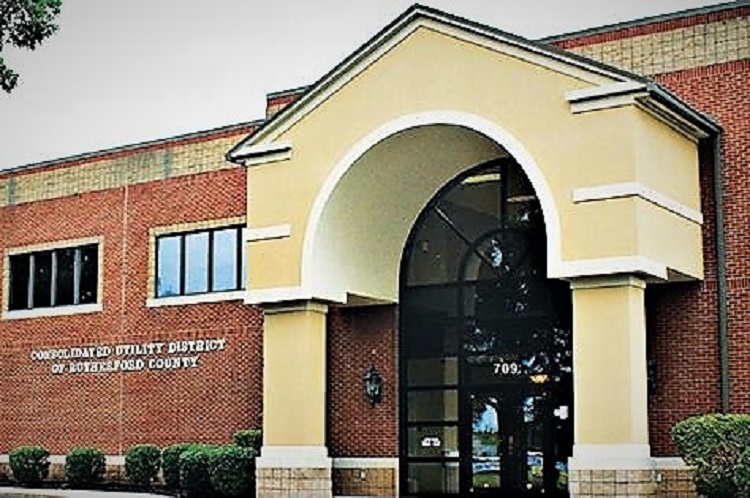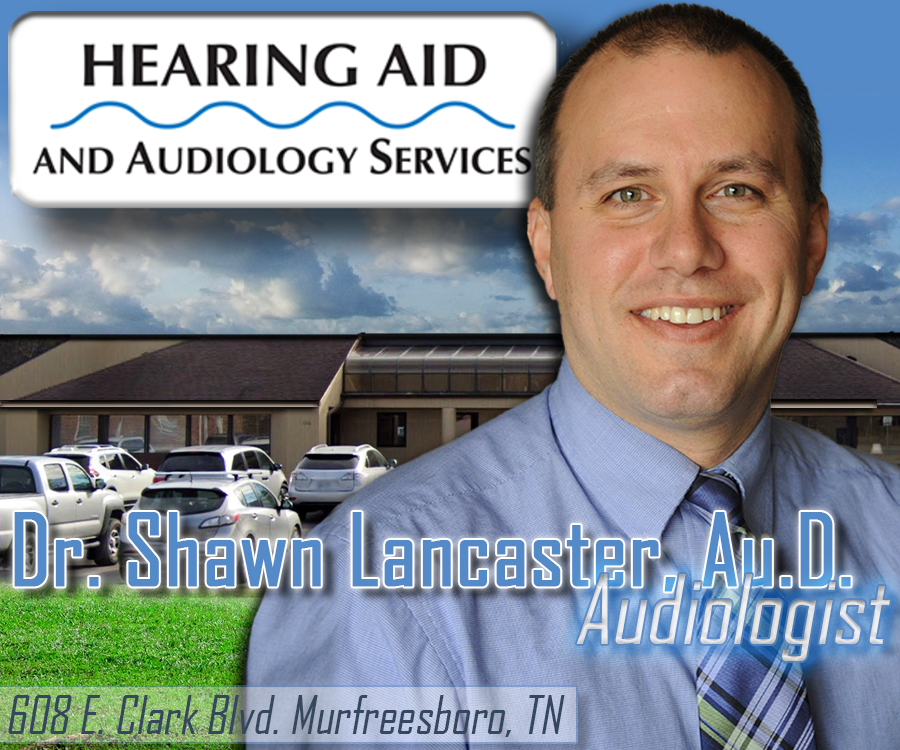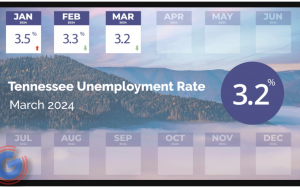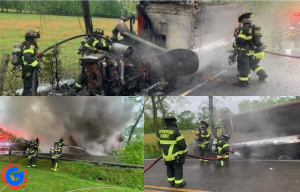(MURFREESBORO) Consolidated Utility District (CUD) provides water to those who live or operate a business outside of the Murfreesboro city limits, but did you realize that CUD now provides more?
"If a property is going to stay viable as a community and maintain or grow its value, the STEP field must be maintained," said Joe Fisher, Wastewater Supervisor at CUD. "Without wastewater treatment and disposal, even a million-dollar home would nosedive in value. Plus, it's not feasible to run city sewer out to areas beyond the city limits. The expense would be extraordinary, and the homeowners would have to absorb the cost."
As of June 2019, CUD provided wastewater treatment to 59 subdivisions in Rutherford County through recirculating sand filters (RSF) that service 5,905 homes via Septic Tank Effluent Pumping (STEP). Currently the largest installed RSF serves a subdivision with a capacity of 640 homes. The smallest RSF system covers a neighborhood of 36 homes.
RSFs are installed on STEP fields when soil conditions are a challenge for traditional sewers due to shallow soil cover or inadequate soils for water absorption. The line serving each homesite is typically buried no less than 30 inches underground.
"Rutherford County is basically one big limestone rock, so water doesn't drain easily" said Fisher. "You wouldn't want to build a home on a floodplain, but we can definitely place a STEP field there. Plus, CUD can use what's considered unusable property to place a STEP field. A lot of homes and subdivisions wouldn't exist without STEP fields. For example, Royal Glen in the Blackman area is there because of the STEP field."
Because of the value of a STEP field to the overall subdivision, CUD encourages homeowners to keep the fields open and undamaged. The dirt that makes up a STEP is termed virgin soil because it has been untouched for many years - maybe even centuries. That soil plays a vital role in wastewater absorption.
Threats to STEP fields include items dumped onto the space itself, which could include potted plants, Christmas trees, rocks, bricks, and other construction materials. Homeowners are also asked to avoid building any permanent or temporary structures on STEP field soils. If a STEP field is damaged, it's deemed unusable. A STEP field must be at least 25 feet from any developed area.
Advantages of STEP fields with RSFs
The design of RSFs on STEP fields provides a number of benefits for homeowners. The materials needed to build an RSF typically involve plastic pipes that are smaller and less expensive than conventional sewer pipes, which saves money for the homeowner. These smaller pipes reduce seepage of wastewater and can be routed around trees and houses, preventing disruption to the environment.
"STEP fields with RSFs carry a low cost of materials and maintenance because we use naturally occurring materials," said Fisher. "You're talking about rocks, dirt, and sand that work with the pumping system."
How an RSF and a STEP field serve homeowners
Wastewater flows through a septic tank at the home and is then pumped to the sand filter. The water passes through the sand filter five times before ultraviolet (UV) light treatment for final disinfection. Consolidated Utility District added UV light as an additional protection for its customers.
After UV treatment, the wastewater moves to the STEP field for final disposal. Each STEP field is tested by state-licensed soil scientists to ensure the soil can absorb the water. CUD tests each STEP system's sand filter monthly for chemicals, contaminants, and levels of oxygen.
Homeowners should be aware of the STEP system alarm box attached to their homes. If the STEP system alarm activates (it sounds like a smoke alarm), the resident should call CUD at 615-893-7225. The alarm can be silenced by pushing the light located above the "Push to Silence" label on the front of the control panel or the silence toggle switch on the left side of the control panel.
The Mission Statement at Consolidated Utility District is: "To provide safe drinking water for all residential, industrial, and governmental agencies, meeting and exceeding all federal and state standards at the lowest possible cost with high quality, efficiency, and integrity."












